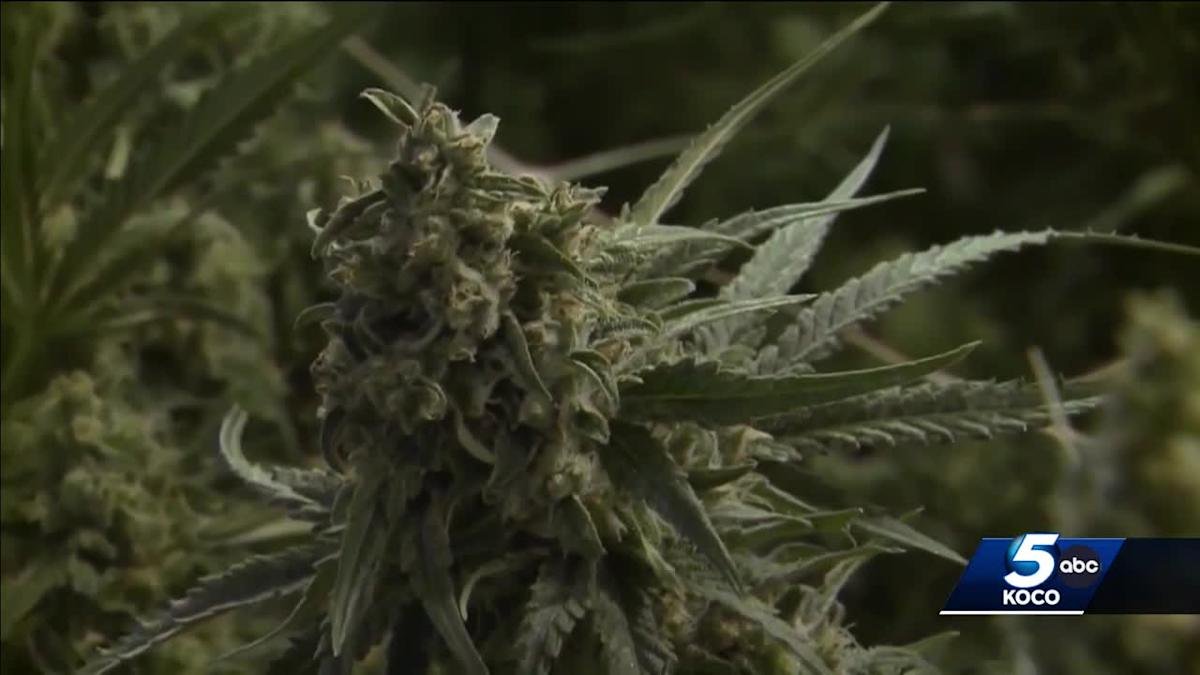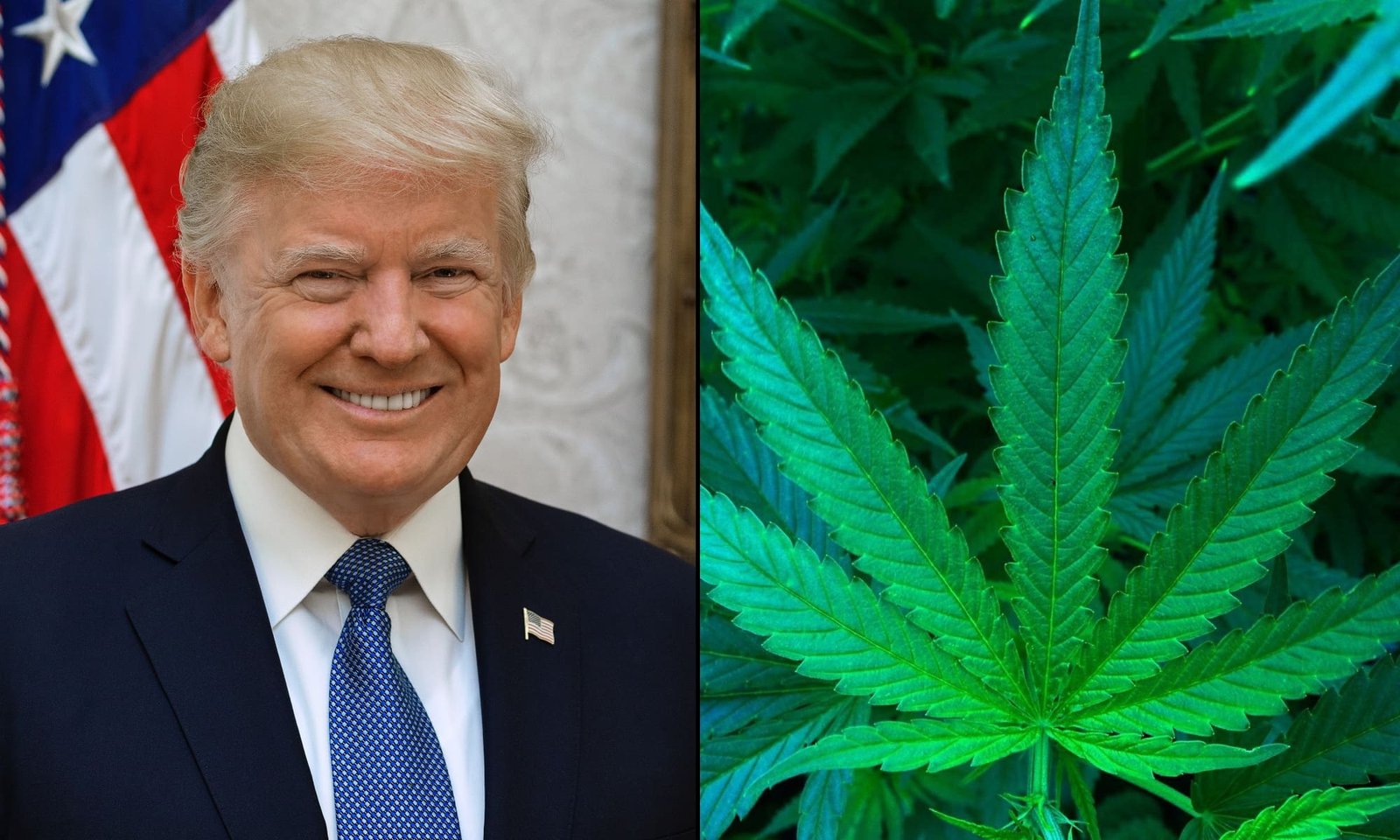Aaron Lukas, President Donald Trump’s nominee for the principal deputy director of national intelligence (DNI), stated that he agrees with the stance that past marijuana use should not disqualify federal workers from obtaining security clearances. However, he expressed reservations about allowing current cannabis use for those in the intelligence community.
Ahead of his Senate Intelligence Committee confirmation hearing, Lukas responded to written questions regarding cannabis policy. He confirmed his agreement with the existing Office of the Director of National Intelligence (ODNI) policy that past marijuana use should not affect security clearance decisions.
Despite his support for the policy on past use, Lukas stated that he is “not convinced” that easing restrictions on ongoing marijuana use serves the interests of national security. He admitted he is “unaware” of the current policy regarding ongoing use, highlighting the complexities involved.
Lukas’s views reflect similar sentiments expressed by the former DNI head, Tulsi Gabbard. She noted that while past marijuana use should not be a decisive factor, ongoing use must be assessed carefully due to its illegal status under federal law. Gabbard emphasized that such evaluations must consider the applicant’s overall behavior and ability to handle classified information responsibly.
The Senate Intelligence Committee did not disclose which members submitted questions to Lukas or Gabbard. However, Senator Ron Wyden from Oregon has long advocated against denying security clearances based solely on past cannabis use. In 2023, the committee attempted to include a provision in an intelligence oversight bill to support this reform, though it ultimately did not pass.
Former DNI Avril Haines stated in 2023 that denying security clearances based solely on past marijuana use is not the federal government’s current policy. She noted that such a practice could hinder recruitment efforts, especially as cannabis legalization continues to expand across the country.
In a related development, the Senate Homeland Security and Governmental Affairs Committee approved a bill called the Dismantling Outdated Obstacles and Barriers to Individual Employment, or DOOBIE, Act. This legislation aims to restrict federal agencies from using past marijuana use as a factor in employment and security clearance decisions. The Congressional Budget Office assessed the bill and indicated it would have a negligible economic impact on the government.
Meanwhile, Elon Musk, who chairs the Department of Government Efficiency (DOGE) under the Trump administration, suggested in February that implementing mandatory drug testing for federal employees would be a “great idea.”




